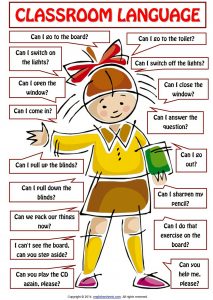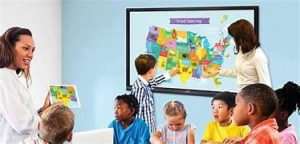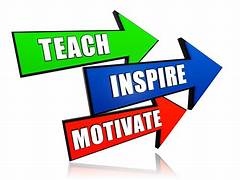ESL (English as a Second Language) students have specific expectations and needs when it comes to their ESL lessons.
Here are some key things that ESL students often look for in an ESL lesson:

Clear Communication: ESL students value clear and effective communication with their teachers. They appreciate teachers who speak clearly, use simple language when necessary, and provide explanations that are easy to understand.

Engaging and Interactive Activities: ESL students prefer lessons that are engaging and interactive, where they can actively participate and practice their English skills. They enjoy activities such as group work, pair work, discussions, role-plays, games, and hands-on exercises.

Practical Language Use: ESL students want to learn English that is relevant to real-life situations. They appreciate lessons that focus on practical language use, including vocabulary and phrases they can use in everyday conversations, work settings, or specific contexts of interest to them.
Personalized Instruction: ESL students appreciate personalized instruction that caters to their individual needs and goals. They value teachers who take the time to understand their specific language proficiency level, strengths, and areas for improvement, and who provide targeted feedback and support.

Cultural Awareness: ESL students often have diverse cultural backgrounds, and they appreciate lessons that promote cultural understanding and awareness. They value teachers who introduce cultural aspects related to the English language and who create a multicultural and inclusive learning environment.

Supportive Environment: ESL students want to feel comfortable and supported in their language learning journey. They appreciate teachers who create a safe and non-judgmental environment where they can make mistakes, ask questions, and practice English without fear of embarrassment.
Clear Learning Objectives: ESL students like to know what they are expected to achieve in each lesson. They appreciate clear learning objectives that are communicated at the beginning of the lesson, as it helps them understand the purpose and focus of the lesson.
Effective Use of Technology: Many ESL students are comfortable with technology and appreciate lessons that incorporate technology effectively. They enjoy using online resources, interactive activities, multimedia materials, and educational apps to enhance their learning experience.

Progress and Feedback: ESL students seek opportunities to monitor their progress and receive constructive feedback. They value assessments, regular progress checks, and individualized feedback from their teacher to help them track their improvement and identify areas for further development.
Motivation and Encouragement: ESL students appreciate teachers who motivate and encourage them to continue learning and improving their English skills. Positive reinforcement, praise, and celebrating their achievements contribute to their confidence and enthusiasm in the ESL classroom.

Understanding and addressing these expectations can help ESL teachers create engaging and effective lessons that cater to the needs of their students, fostering a positive and productive learning environment.
Challenge yourself – Challenge your Students = Being Rewarded
A TEFL Profession is a journey – Come Journey with us here at TEFL PDI




